Mozambique: Mueda administrator confirms restrictions on movement in the district - report
Increase in fuel price affecting taxi drivers in Maputo
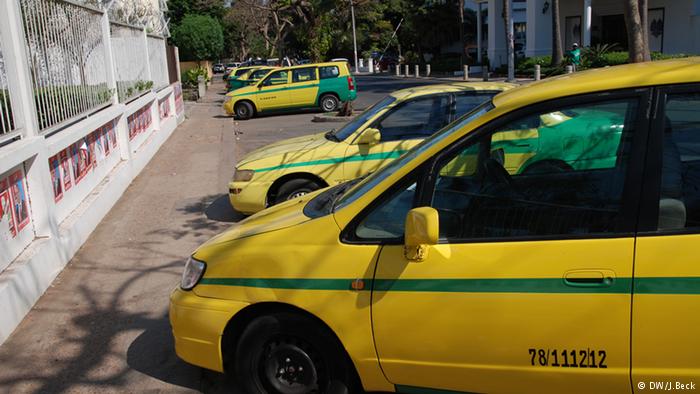
Photo: DW
Taxi drivers in the Mozambican capital complain of low incomes resulting from the steady rise in fuel prices – and some fear being forced out of business.
Taxi driver António Sitoe, 54, says his Maputo colleagues are in despair. With life more expensive than ever, there are fewer and fewer customers. Most have switched to alternatives such as minibuses and “Chapas”.
“As an example, I only had one fare today, and it’s past 12 o’clock. I don’t know if I’m going to get anybody else. It’s fallen off a lot, and from what I’m seeing, it’s affected other areas. We don’t know if we are going to be able to stay in this line of work or if we are going to have to leave,” he says.
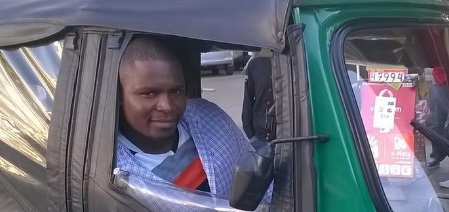
Another taxi driver, Arlindo Nhantumbo, says that, on average, he has only two customers a day – and that doesn’t even pay for his fuel. Nhantumbo complains of the constant increases in the price of petrol, now the equivalent of one Euro per litre. Just over a year ago, it was about eighty (Euro) cents. Depending on the distance, each customer pays the equivalent of four and five Euros.
“I do not see where we are going. Imagine that I live in Liberdade [in Matola]. My return trip costs 300 meticais [five Euros] and I arrive here in the rank and I only do a run of 200 meticais [four Euros],” he says, doing the calculations aloud.
Competition
And the competition is too much for the few customers who still use taxis. Boaventura Cossa says that there are many taxi drivers who are not even waiting at the ranks, as municipal regulations stipulate.
“They don’t even use the ranks any more. They wait at corners, so there’s practically no business,” Cossa says, also wondering what the result of constant fuel price rises will be. “Some drivers have left the business, because they were no longer making money.”

Crisis affecting other transport modalities
The crisis is also affecting motorcycle taxis, the so-called “txopelas”, which many customers even prefer because they easily make their way through the capital’s heavy traffic.
Joaquim Wate says he still manages to earn 11 Euros a day, but it’s a very complicated exercise. “For example, I start work at 6:00 or 7:00 a.m. and instead of finishing at 5:00 p.m. or 6:00 p.m., I have to work until 9:00 p.m. or even midnight to put around 300 meticais [five Euros] into my pocket. It is very disheartening because I’m going to the pumps to fuel up, and I do not make anything, so I get into the rank and even then I can’t make my fuel money.”
The mototaxi driver Tomás Manhiça hopes for better days from September, with the coming of summer and more tourists. “I don’t know what’s going to happen. There’s no money lately. Maybe in the summer, things will get better.”
He says raising fares would be an alternative, “but people will not accept it”. “The situation is complicated, but there is no other way,” he says.



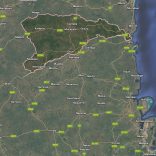

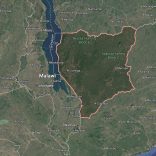

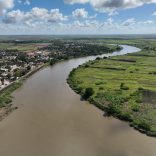





Leave a Reply
Be the First to Comment!
You must be logged in to post a comment.
You must be logged in to post a comment.